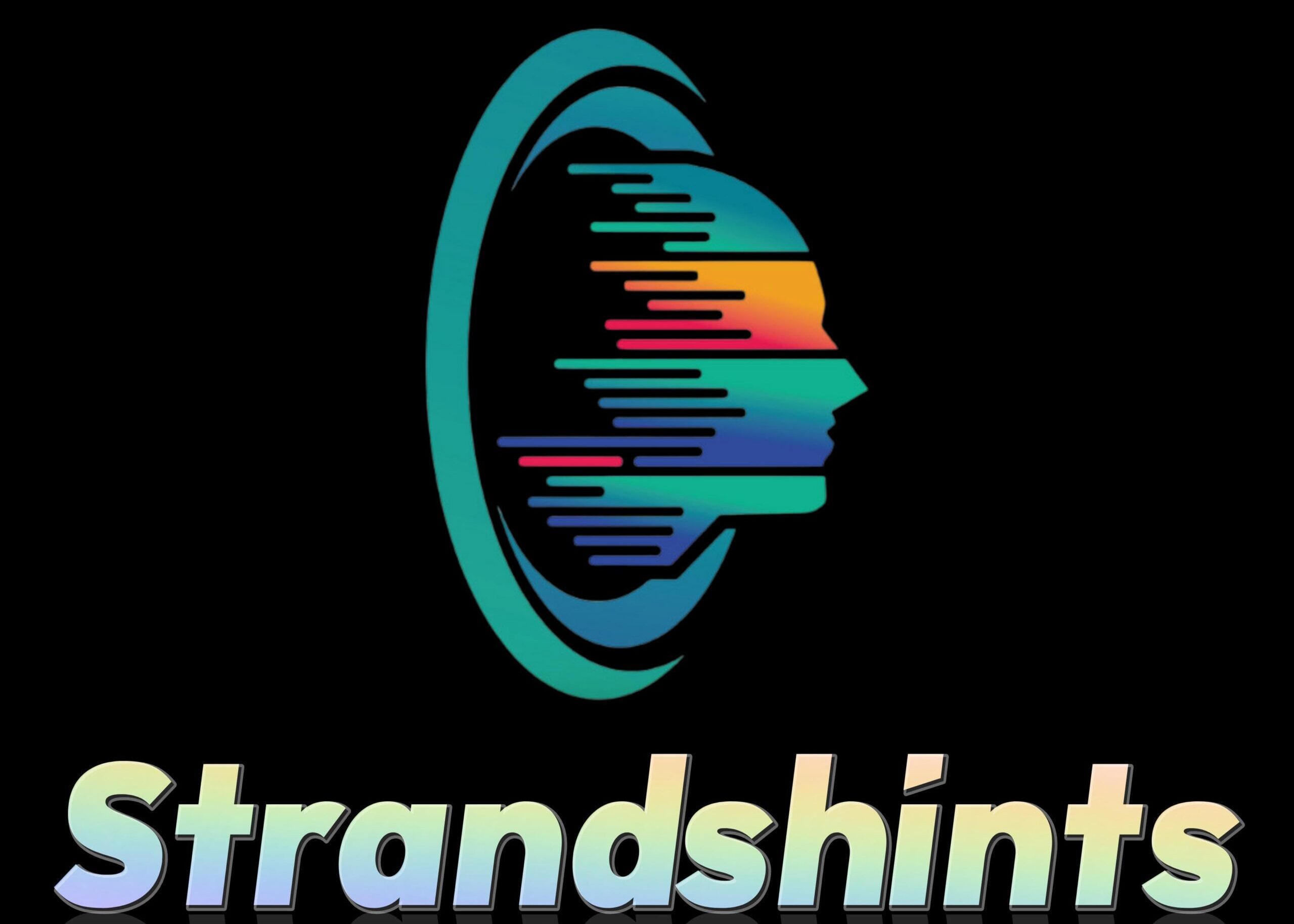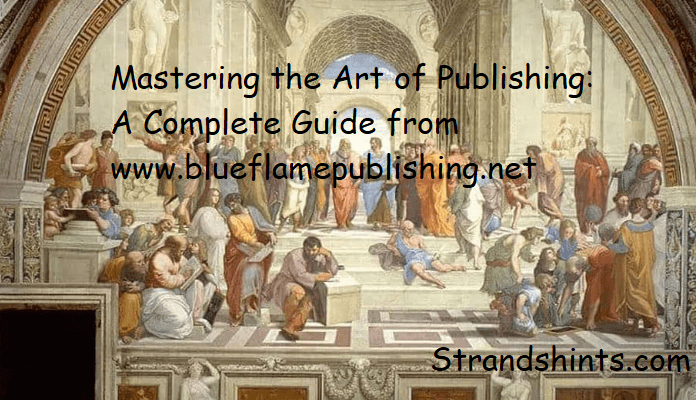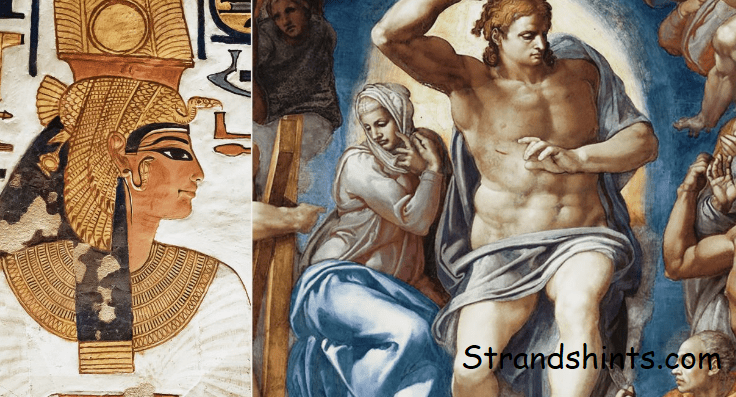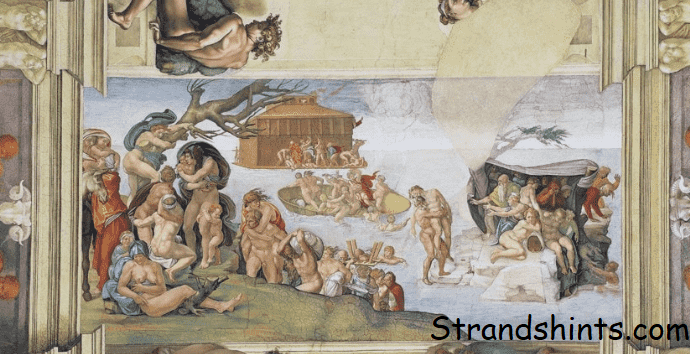Table of Contents
Introduction
The publishing landscape has evolved significantly in recent years, with advancements in technology and the rise of self-publishing reshaping how authors share their work with the world. For aspiring authors, mastering the art of publishing is crucial to navigating this complex terrain and ensuring that their literary dreams come to fruition. Whether you’re a first-time writer or an experienced author looking to broaden your horizons, understanding the various publishing routes available to you is essential.
This guide will explore the different facets of the publishing process, providing practical insights and strategies for authors at every stage of their journey. We’ll also highlight the invaluable resources available at www.blueflamepublishing.net, a platform dedicated to helping writers succeed in the competitive world of publishing. With the right knowledge and support, you can confidently navigate the path to publishing your book and sharing your unique voice with readers worldwide.
Understanding the Publishing Process
A. Traditional Publishing
Definition and Key Players
Traditional publishing involves submitting your manuscript to established publishing houses, where professional editors and marketers work to bring your book to market. Key players in this process include literary agents, who help authors secure deals with publishers, and the publishers themselves, who handle the production, distribution, and marketing of the book.
Advantages and Disadvantages
Advantages:
- Professional Support: Traditional publishing provides access to experienced editors, designers, and marketers.
- Distribution Networks: Established publishers have extensive distribution channels, ensuring that your book reaches a wide audience.
- Credibility: Being published by a recognized publisher can lend credibility to your work and help establish your reputation as an author.
Disadvantages:
- Longer Timeline: The traditional publishing process can take months or even years, from submission to publication.
- Limited Control: Authors may have little say in editorial decisions, cover design, and marketing strategies.
- Competitive: Securing a publishing deal can be challenging due to the competitive nature of the industry.
B. Self-Publishing
Definition and Rise of Self-Publishing
Self-publishing allows authors to take control of the entire publishing process by publishing their books independently. With platforms like Amazon Kindle Direct Publishing, Smashwords, and others, authors can upload their manuscripts, design their covers, and set their prices without the need for a traditional publisher.
Benefits of Self-Publishing
- Complete Control: Authors retain full creative control over their work, from content to marketing strategies.
- Higher Royalties: Self-published authors typically earn higher royalties compared to traditional publishing.
- Faster Publication: The self-publishing process is often much quicker, allowing authors to publish their books as soon as they are ready.
C. Hybrid Publishing
Explanation of Hybrid Models
Hybrid publishing combines elements of both traditional and self-publishing. Authors typically pay for certain services (such as editing or design) while retaining more control over their work and receiving a higher percentage of royalties than traditional publishing.
How It Combines Aspects of Traditional and Self-Publishing
Hybrid publishers often provide professional services and support, similar to traditional publishers, but give authors more say in the publishing process. This model is appealing for authors who want the benefits of both worlds: professional assistance without sacrificing creative control.
Steps to Mastering the Art of Publishing
A. Writing Your Manuscript
Importance of Writing a Compelling Manuscript
The foundation of successful publishing lies in crafting a well-written and engaging manuscript. A compelling story, rich characters, and a polished narrative are crucial to capturing the attention of readers and publishers alike.
Tips for Editing and Revising Your Work
- Take a Break: After completing your manuscript, take a break before revising. This allows you to approach your work with fresh eyes.
- Seek Feedback: Share your manuscript with trusted peers or beta readers for constructive criticism.
- Professional Editing: Consider hiring a professional editor to help refine your manuscript and ensure it meets industry standards.
B. Choosing the Right Publishing Route
Factors to Consider: Goals, Budget, and Target Audience
Before diving into the publishing process, assess your goals as an author. Consider the following questions:
- What do you hope to achieve with your book?
- What is your budget for publishing and marketing?
- Who is your target audience, and how can you best reach them?
Resources Available at www.blueflamepublishing.net to Help Make This Decision
At www.blueflamepublishing.net, you’ll find valuable resources, including guides, articles, and tools designed to help you evaluate your publishing options and make informed decisions that align with your goals.
C. Preparing for Publication
Formatting Your Manuscript
Proper formatting is essential for both traditional and self-publishing. Familiarize yourself with industry standards and guidelines for formatting your manuscript to ensure it meets the requirements of publishers and readers.
Designing a Captivating Cover
The cover of your book is often the first impression potential readers will have. A professional design can make a significant difference in attracting readers. Consider hiring a designer who understands the genre and can create an eye-catching cover that reflects your book’s content.
D. Navigating the Submission Process
How to Query Agents/Publishers (for Traditional Publishing)
When seeking traditional publishing, a well-crafted query letter is crucial. This letter should include a brief synopsis of your book, your author bio, and why you believe the agent or publisher would be a good fit for your work.
Self-Publishing Platforms and Requirements
If you choose to self-publish, familiarize yourself with various platforms and their specific requirements. Each platform may have different formatting guidelines, pricing structures, and distribution options.
E. Marketing and Promotion
Developing a Marketing Strategy
A solid marketing strategy is vital for reaching your target audience and driving book sales. Consider the following elements when creating your plan:
- Identify your target audience and where they spend their time online.
- Create a budget for marketing activities, including social media ads, book signings, and promotions.
Utilizing Social Media and Author Platforms
Social media is a powerful tool for authors to connect with readers and promote their work. Platforms like Facebook, Twitter, Instagram, and Goodreads can help you engage with your audience and build a following.
The Role of www.blueflamepublishing.net in Marketing Resources
www.blueflamepublishing.net offers a wealth of marketing resources, including articles on effective marketing strategies, tips for using social media, and guidance on building your author brand.
Tools and Resources for Aspiring Authors
A. Educational Resources
Online Courses and Workshops Offered by www.blueflamepublishing.net
Investing in your education as an author can significantly enhance your writing and publishing skills. www.blueflamepublishing.net offers a variety of online courses and workshops tailored to different aspects of writing and publishing, helping you sharpen your skills and expand your knowledge.
Recommended Reading for Authors
Explore recommended books and articles on writing, editing, and publishing to deepen your understanding of the industry and improve your craft.
B. Professional Services
Editing, Proofreading, and Cover Design Services
Consider utilizing professional services to elevate the quality of your manuscript. www.blueflamepublishing.net connects authors with experienced editors, proofreaders, and designers who can help polish your work and create a captivating cover.
How www.blueflamepublishing.net Connects Authors with Professionals
By leveraging the resources at www.blueflamepublishing.net, authors can easily find and collaborate with professionals who can enhance their publishing journey.
C. Community and Support
Importance of Networking with Other Writers
Building a supportive network of fellow writers can be invaluable in your publishing journey. Engaging with others who share your passion can provide encouragement, feedback, and opportunities for collaboration.
Online Forums and Groups Through www.blueflamepublishing.net
www.blueflamepublishing.net hosts online forums and groups where authors can connect, share experiences, and seek advice. Participating in these communities can help you stay motivated and inspired.
Success Stories
A. Case Studies of Successful Authors
Highlight Authors Who Have Succeeded Using www.blueflamepublishing.net
Many authors have found success through the resources and support offered by www.blueflamepublishing.net. Explore their stories and learn from their journeys, understanding the strategies they employed and the challenges they overcame.
Key Takeaways from Their Journeys
- Persistence is crucial: Many successful authors faced rejection before finding success.
- Adaptability: Authors who are open to feedback and willing to pivot often find greater success.
- Building a brand: Successful authors recognize the importance of establishing their author brand and connecting with their audience.
B. Lessons Learned
Common Challenges Faced and How They Overcame Them
Every author encounters challenges in their publishing journey, from writer’s block to marketing hurdles. Understanding these common obstacles can help you prepare and develop strategies to overcome them.
Tips for Staying Motivated and Resilient
- Set realistic goals: Break your writing and publishing journey into manageable tasks to stay focused and motivated.
- Celebrate small victories: Acknowledge your achievements along the way, no matter how small they may seem.
- Seek support: Engage with fellow authors and communities to share experiences and gain encouragement.
Conclusion
Mastering the art of publishing is a journey that requires dedication, knowledge, and the right resources. By understanding the various publishing options available, honing your craft, and leveraging the tools and support offered by www.blueflamepublishing.net, you can navigate the complexities of the publishing landscape with confidence.
We encourage you to explore the wealth of information and resources available at www.blueflamepublishing.net. Whether you’re just starting your writing journey or looking to
FAQs
1. What is the difference between traditional publishing and self-publishing?
Answer: Traditional publishing involves submitting your manuscript to established publishing houses, which handle editing, design, and marketing. In contrast, self-publishing allows authors to independently publish their work, giving them complete control over the process and typically resulting in higher royalties.
2. How can I determine the best publishing route for my book?
Answer: Consider your goals, budget, and target audience. Evaluate the advantages and disadvantages of traditional, self-publishing, and hybrid models to choose the option that aligns best with your vision for your book.
3. What resources does www.blueflamepublishing.net offer to aspiring authors?
Answer: www.blueflamepublishing.net provides a range of resources, including online courses, articles on writing and publishing, professional editing and design services, and a supportive community for networking with other authors.
4. How important is it to have a professional cover design for my book?
Answer: A professional cover design is crucial as it serves as the first impression for potential readers. A well-designed cover can attract attention, convey the essence of your book, and significantly impact your sales.
5. What are some effective marketing strategies for promoting my book?
Answer: Effective marketing strategies include developing a robust online presence through social media, engaging with readers and communities, creating an author website, and utilizing book promotion platforms. Networking with other authors and leveraging resources from www.blueflamepublishing.net can also enhance your marketing efforts.







